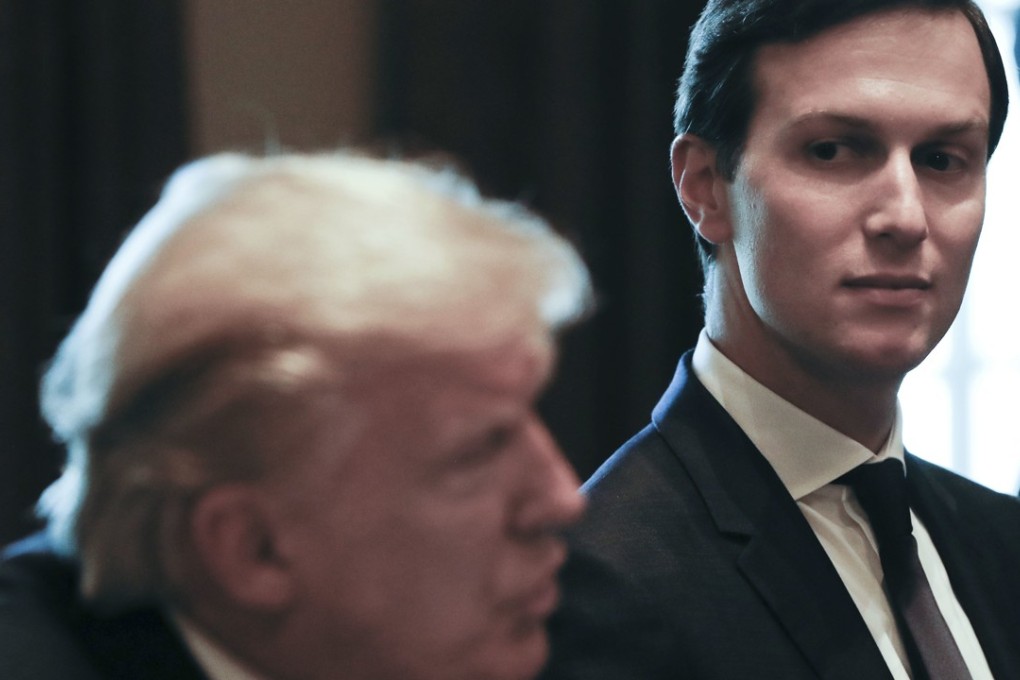Has China overplayed the Kushner card in dealing with the White House?
Jared Kushner and Ivanka Trump’s China trip is off, and some analysts are questioning whether Beijing has been too reliant on informal communications

The cancellation of Jared Kushner and Ivanka Trump’s trip to China has again cast a spotlight on the role of America’s first family in Beijing’s relations with Washington.
Pundits have questioned Beijing’s wisdom in setting so much store in the couple when dealing with US President Donald Trump’s White House, with some concerned that an overreliance on ties with Trump’s family could hurt China’s image as well as bilateral relations.
But others, especially Chinese diplomats, say Beijing’s strategic use of the Kushner channel was an effective way to smooth relations initially between Trump and Chinese President Xi Jinping. Kushner reportedly played a significant role in arranging the meeting between Trump and Xi in Florida in April.
Orville Schell, director of the Centre on US-China Relations at the Asia Society in New York, said China may have overplayed the Kushner card in handling its ties with Trump amid mounting concerns about potential conflicts of interest surrounding his son-in-law’s role in the White House.
“In my view the Sino-US relations are very stressed. China has ignored a lot of warning signs and it has lost tremendous support in this country … It thinks maybe it can solve things at the top level through the president and his son-in-law,” Schell said.